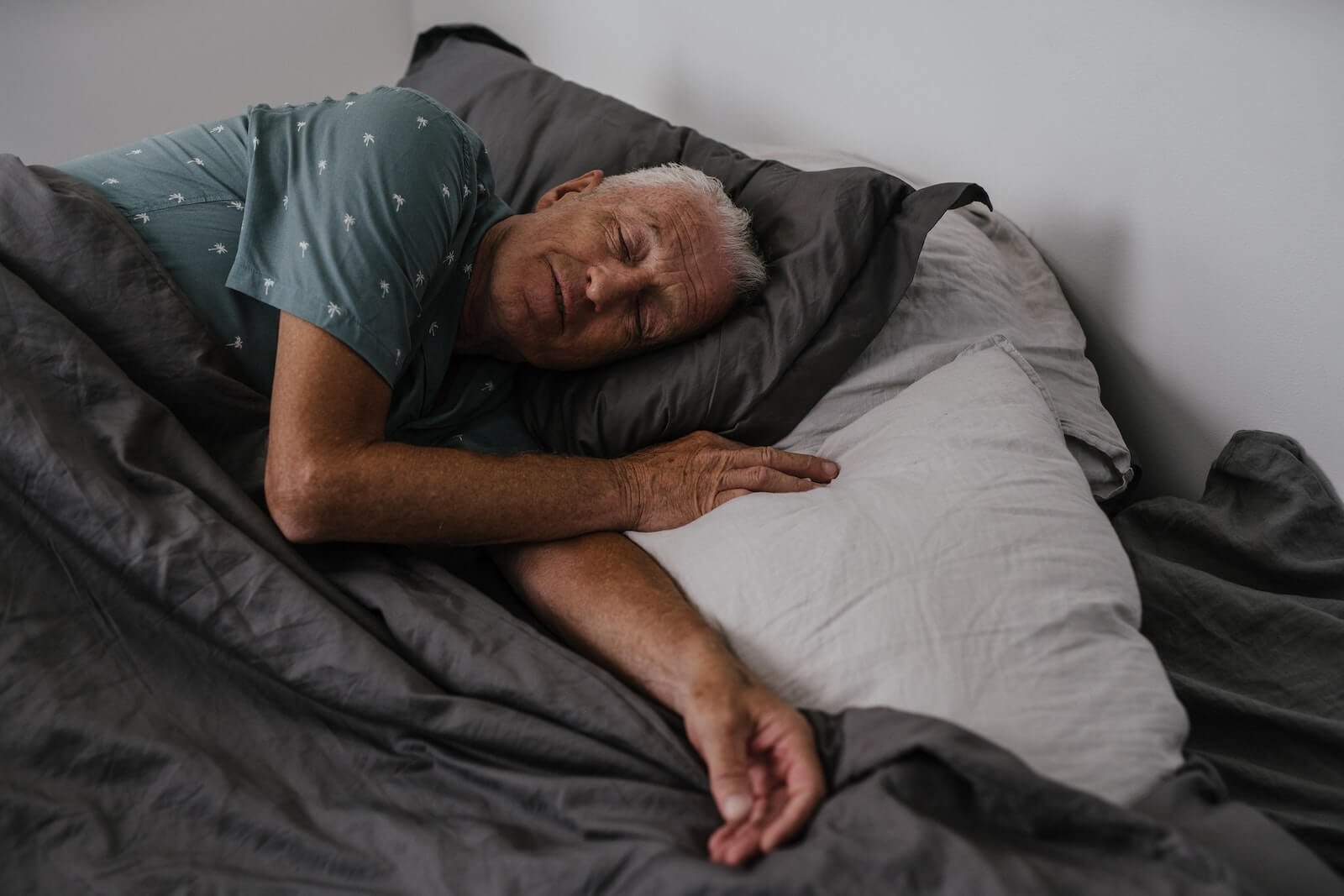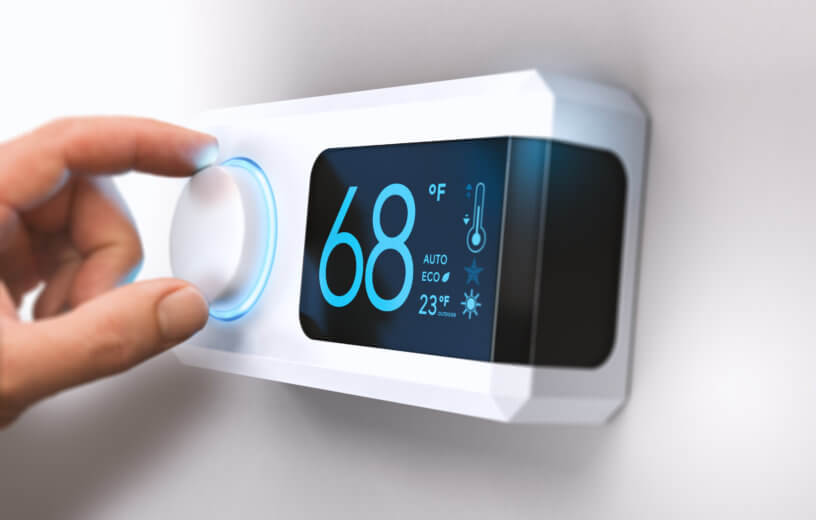BOSTON — When it comes to restful, rejuvenating sleep, older adults like it hot (but not too hot). Researchers from the Hebrew Seniorlife Hinda and Arthur Marcus Institute for Aging Research indicate older adults can get the best possible sleep in a bedroom with ambient temperatures ranging somewhere between 68 to 77° Fahrenheit.
Meanwhile, anything hotter than that appears to impact sleep in a negative manner. A five to 10-percent drop in sleep efficiency emerged when nighttime temperatures increased from 77°F to 86°F. Study authors add that their research also revealed significant differences in optimal bedroom temperature from person to person. In other words, while these findings point to larger trends in general, there’s still plenty of individual differences when it comes time to set the bedroom thermostat.
“These results highlight the potential to enhance sleep quality in older adults by optimizing home thermal environments and emphasizing the importance of personalized temperature adjustments based on individual needs and circumstances,” says lead researcher Amir Baniassadi, PhD, Hinda and Arthur Marcus Institute for Aging Research at Hebrew SeniorLife, and Harvard Medical School, in a media release.
“Additionally, the study underscores the potential impact of climate change on sleep quality in older adults, particularly those with lower socioeconomic status, and supports increasing their adaptive capacity as nighttime temperatures increase in cities across the country.”

(Photo by SHVETS production from Pexels)
This observational project examined the association between bedroom nighttime temperatures and sleep quality among a collection of community dwelling older adults. Using wearable sleep monitors and environmental sensors, study authors were able to track sleep duration, efficiency, and restlessness over an extended period of time within participants’ homes.
Moreover, while all that was happening, researchers were also able to control for any potential confounders and covariates. In all, the study encompassed close to 11,000 nights of sleep and environmental data from 50 older adults.
Temperature aside, it’s often difficult for older adults to get a good night’s rest. As we age, it’s common to deal with disrupted, inadequate, or restless sleep patterns more often. This, of course, can eventually lead to many negative health and wellness outcomes related to cognitive and physical function, mood and affect, irritability and reaction to stress, productivity, diabetes management, and cardiovascular disease risk.
Despite plenty of evidence suggesting that bedroom environment can be very influential, most research conducted on the topic of poor sleep among older adults has focused primarily on the physiological and behavioral factors. Consequently, while a number of medical and behavioral interventions have emerged in recent years to help foster improved sleep outcomes, the potential of environmental interventions remains largely overlooked.
These oversights motivated researchers to conduct this work. Moving forward, the team plans on continuing this line of research by focusing on the possible influence of climate change on sleep quality among low-income older adults, in hopes of eventually developing interventions to optimize their sleep environments.
The study is published in Science of The Total Environment.
You might also be interested in:
- Best Cooling Sheets: Top 5 Brands Most Recommended For Hot Sleepers
- Love the heat? Here’s why moving somewhere cold may help you live longer
- How to stop snoring: Top 5 tips, tricks to ensure sound(less) sleep

